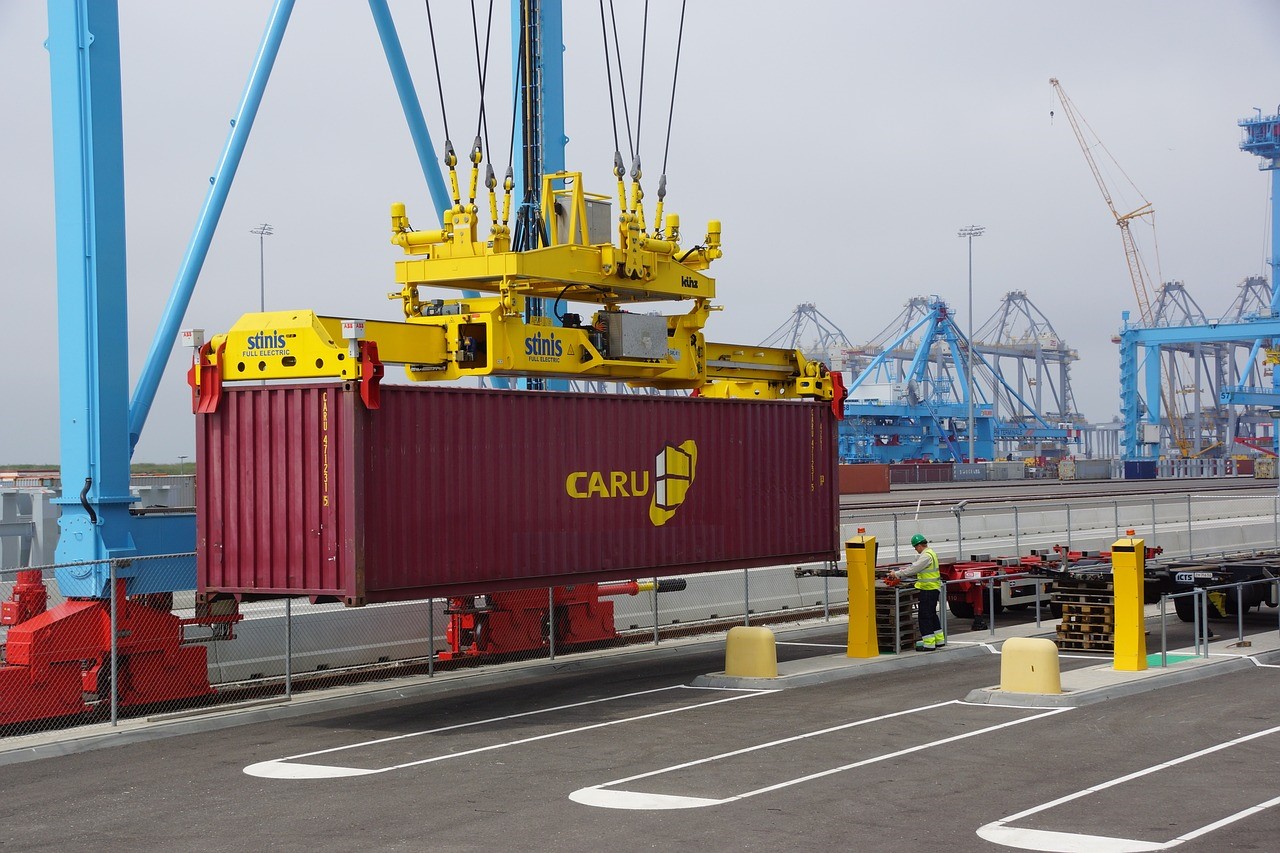
I. What basic qualifications are needed for FMCG export agency?
Per the 2025 updated Import-Export Goods Consignor Filing Management Measures, enterprises must possess:
- The basic qualifications:
- Business license (including import-export operation rights)
- Customs registration for import/export consignors
- Register of Foreign Exchange Administration
- Import and export operation rights (Customs recordation and registration certificate)
- Food categories requireExport foodProduction enterprise records
- Cosmetics must obtain the Cosmetics Production License
- Electronic and electrical products must comply with target country certifications such as CE/FCC
II. How to choose a reliableExport agentThe company?
: Select a service provider that has focused on fresh produce categories for more than 5 years
- 22. Industry experience:Priority should be given to enterprises with practical cases in FMCG (recommend requesting export data from the past 2 years)
- Complete qualifications:Verify their International Freight Forwarding Filing Form and Customs Declaration Unit Registration Certificate
- Risk control system:Must include mechanisms such as commodity pre-classification, compliance review, and logistics anomaly alerts
III. What are the customs clearance considerations for FMCG exports?
In 2025, the General Administration of Customs will strengthen the accuracy review of commodity classification, with special attention to:
- Ingredient labeling (e.g., food additive content must be precise to 0.1%)
- Packaging specifications (mixed SKUs require separate declaration)
- Transport temperature (cold chain products like dairy require full temperature control records)
IV. Fast-Moving Consumer GoodsExport tax refundHow is the rate calculated?
According to the latest 2025 Ministry of Finance tax rebate rate table:
- Primary processed food products are subject to a 9% rebate rate
- Deep-processed food and beverages can reach 13%
- Personal care products are classified by HS code (e.g., toothpaste 13%, hair care products 9%)
It is recommended to confirm HS codes through customs pre-classification before export to avoid tax rebate losses.
V. How to formulate overseas inventory plans for FMCGs?
Based on 2025 Amazon FBA warehouse data, it is recommended to adopt:
- Forward warehouse model:Establish 500-1000㎡ transit warehouses at major ports
- Dynamic replenishment:Set safety stock thresholds through ERP systems (recommended at 2 times weekly sales)
- Shelf-life management:Food products require a 6-month shelf-life buffer period
VI. What innovative logistics solutions exist for emerging markets?
For emerging markets like Southeast Asia and Middle East:
- Express shipping routes:China-Vietnam/China-Thailand direct routes shortened to 5 days
- Digital customs clearance:Saudi Customs has launched a blockchain clearance system
- Last-mile delivery:Can be integrated with platform warehousing and distribution systems such as Lazada and Noon
VII. How to hedge against exchange rate fluctuations?
It is recommended to adopt a combination strategy:
- Sign floating exchange rate clause (agreed benchmark rate ±3%)
- Use forward settlement to lock in exchange rates
- Prioritize RMB settlement for emerging market transactions (cross-border RMB settlement accounted for 38% in 2025)
VIII. What certifications are required for FMCG exports?
Key target market requirements:
- European Union:CE certification, REACH chemical registration
- United States:FDA registration, CPSC compliance certificate
- Middle East:GCC certification, Halal certification
IX. How to handle overseas IP disputes?
Recommend establishing a three-tier protection system:
- Beforehand:Search through WIPO Global Brand Database
- During:File intellectual property rights with the General Administration of Customs
- Afterwards:Purchase IP infringement liability insurance (premium approximately 0.3% of cargo value)
X. What components constitute agency export fees?
Standard service quotes typically include:
- Basic operation fees (declaration/document preparation/inspection)
- Logistics package fee (including port miscellaneous charges)
- Financial service fees (L/C document submission/negotiation)
- Risk surcharge (for war-torn regions)
Recommend requiring agents to provide detailed fee comparison table (refer to International Freight Forwarding Charging Standards 2024 edition)


 Follow Customer Service WeChat
Follow Customer Service WeChat